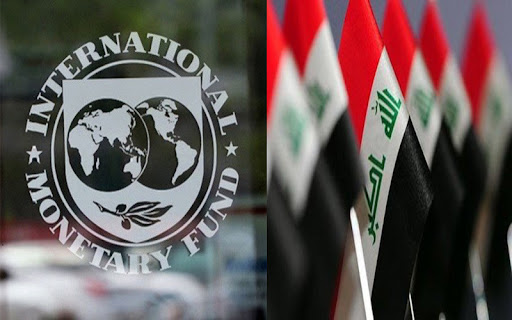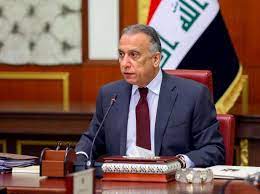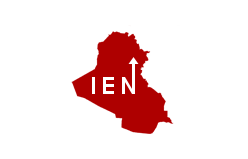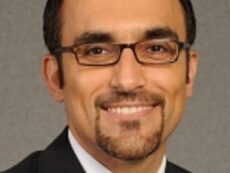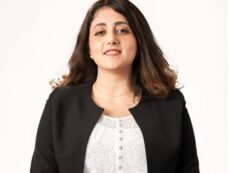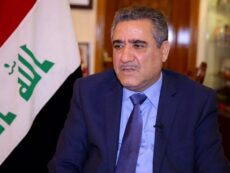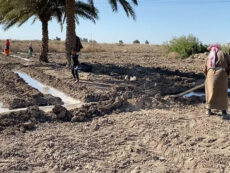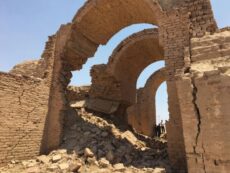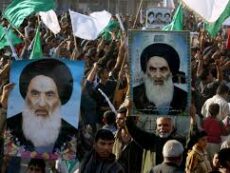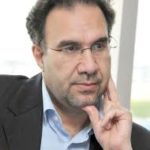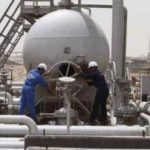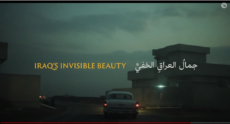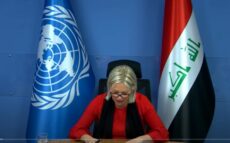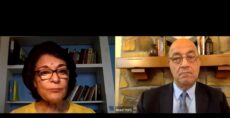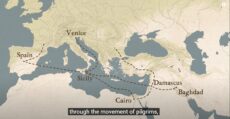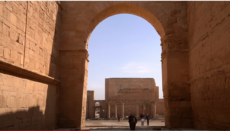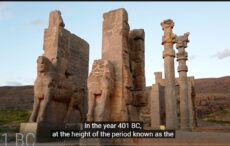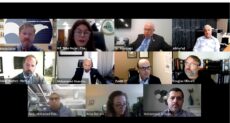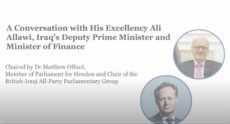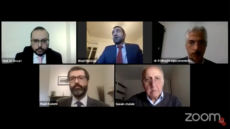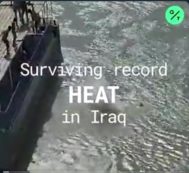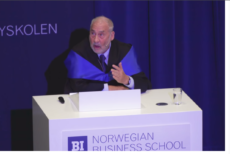On 28 August 2021, Iraq hosted the first “Baghdad Conference for Cooperation and Partnership” with participation of eight regional countries, including Iran, Saudi Arabia, Egypt, Turkey, Qatar, United Arab Emirates (UAE), Kuwait and Jordan, besides France as a co-sponsor. While Egypt, Jordan, Qatar and France were represented by the heads of state, Kuwait and UAE sent their pri
Read MoreIraq, Opec’s second-largest producer, is in talks with the international oil majors operating in the country to help boost its crude production capacity to about 8 million barrels per day, the country’s oil minister said on Wednesday. Ihsan Ismail also said Baghdad considered oil trading between $75-$80 per barrel range as a “fair price for both producers and consumers”.
Read MoreBaghdad, September 21, 2021 – A new plan to remove constraints and create more economic opportunities for women was launched today by the government of Iraq, with support from the World Bank Group. The Women’s Economic Empowerment Plan for 2021-2022 outlines the government’s priorities in line with its reform program. The plan follows extensive consultations with key stakeho
Read MoreThis article is more than 1 month old To meet climate targets and avoid economic collapse, countries such as Iraq need international support in the transition to clean energy Ali Allawi is deputy prime minister and finance minister of Iraq. Fatih Birol is executive director of the International Energy Agency In the Middle East and north Africa, global warming
Read MoreIraq’s electoral system. Why successive reforms fail to bring change. By Dr Victoria Stewart-Jolley*
Summary After all but one of Iraq’s parliamentary elections since 2005, the country has reformed its election laws in response to public pressure. Despite the introduction of new electoral legislation, the formation of government continues to be removed from voters and often disregards actual electoral results. Instead, the process focuses on distributing senior posts, as
Read More



